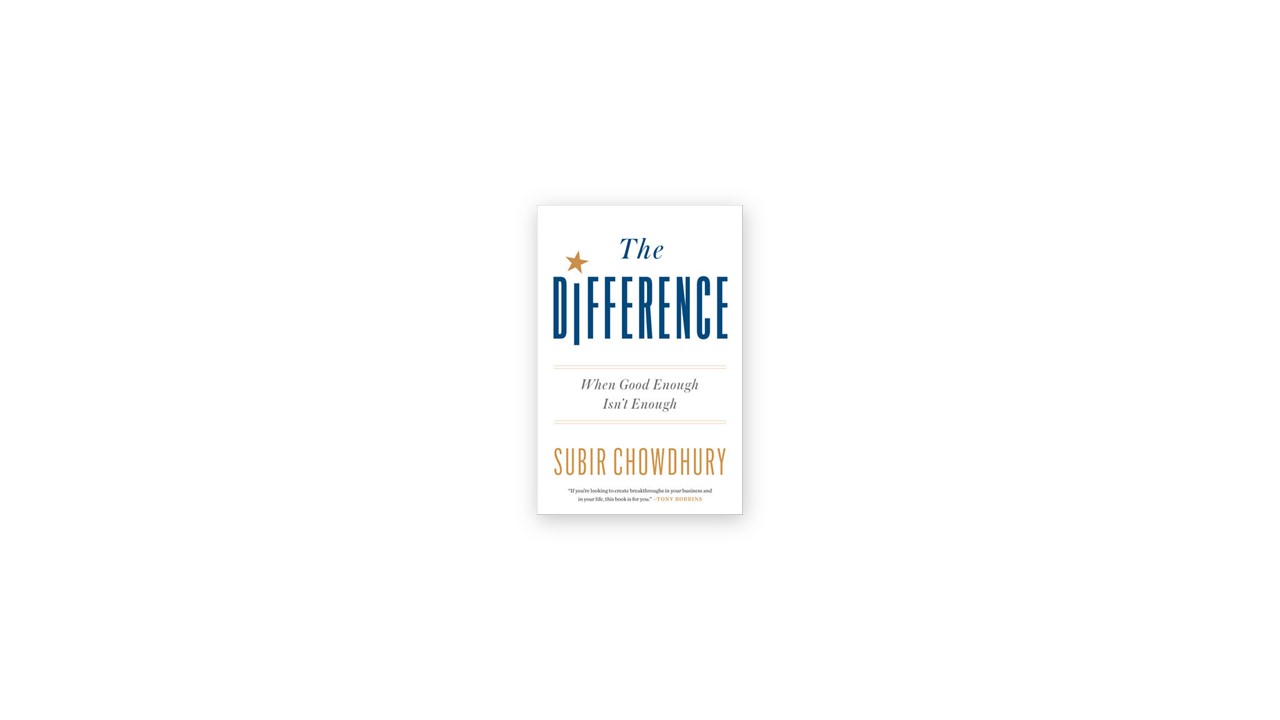Being Straightforward
When you are authentic, candid, and straightforward, not only will you be more successful, but you will have more fun. When you are afraid to admit to your failings, you live in fear. The counter to living in fear is to boldly and honestly say what you think. And the feeling of freedom that comes with that is liberating—it is fun.
The cost of dishonesty—personally and corporately—is considerable. According to surveys, approximately 25 percent of American adults approve of overstating the value of claims to insurance companies. Fraud in the property and casualty industry is estimated at $24 billion annually. “Wardrobing”—paying for an item, using it, then returning it—was once estimated to cost retailers about $16 billion. The Internal Revenue Service estimates that the difference between what taxpayers pay and what they should pay is nearly $353 billion per year. Another telling statistic—88 percent of children between the ages of eight and eighteen know that sharing downloaded music is illegal, but 56 percent of them do it anyway
Each of us has a choice to make each and every day about whether to lead a straightforward life, a life of integrity, or a life that is filled with dishonesty and lies. The choice is ours.
- What do you lose when you or the people around you seek the easy way out because you are afraid to be straightforward?
- Are you being straightforward in speaking up now? Why wait until it is too late?
Taking Responsibility
Genuine leaders like Mother Teresa know that they need to hold themselves accountable if they hope to hold anyone else accountable. When those under a leader see their leader being accountable, they tend to act similarly.
Each of us has a God-given capacity to inspire others. It is expressed in our hearts, in our words, in our actions, and in our emotions. It does not matter if we are sitting in a corner office or cleaning washrooms at the airport. The important question is, “Are you ready to take that step up?” Do you try to inspire others? Do you work to inspire your customers? Do you strive to inspire your colleagues? Do you endeavor to inspire your children? Do you reach out to inspire your community? Why is it so important to inspire others? Because, when you do, you will become accountable.
Being accountable doesn’t mean you shouldn’t ask for help. It means you know enough to ask for help when it’s needed. It means resisting the urge to fall back on the same solutions that you tried in the past. It means stretching a little, and engaging your intellectual and creative abilities.
In what part of your life is it most important for you to take accountability right now?
- Are you making the right choices today in everything you do?
- Are you thinking deeply enough to make a difference at work, at home, or in your community?
- Do you set your sights high enough, taking responsibility for inspiring your customers, your children, your family, and your friends?
Never Give Up
Jim Collins, author of the bestselling classic Good to Great, in which he researched what makes great companies great, identified the resolve of an organization’s leader as one of the key factors behind a company’s long-term success. According to Collins, companies that achieve greatness are driven by what he termed a Level 5 leader, an executive who blends genuine personal humility with intense professional will, a mixture he described as fierce resolve.
A key part of resolve is a willingness to change and adapt. In too many organizations, middle managers and senior leaders resist anything new. But if they are not open to change, they will not be able to solve the inevitable problems that crop up.
The last time you were faced with a quandary, did you do everything possible to solve it? Is there anything else you might have done? Is there anything more you can still do?
- Do you communicate clearly and often with your colleagues that “good enough is not enough”? Is it a message that you convey in your daily life?
- Do you ever settle for less than your best? Or are you determined to excel at whatever you put your mind to?
Choosing to Be the Difference
Practicing a caring mindset is first and foremost about selflessness, about making a difference for others. Ask yourself at the end of each day, Did I do something today selflessly for another human being, or to better the world I live in? If you can answer yes, acknowledge that accomplishment. Commit to encouraging others to make a difference. If your answer is no, devise a game plan to make a difference tomorrow.
To be more straightforward in your actions, thinking, and behavior, practice developing the habit of being honest, direct, fair, and candid with those you interact with, both at work and in your personal life. To do that you must be honest with yourself, and that takes courage. I’m convinced the more truthful you are with yourself, the more successful you will be at whatever you do.
To practice being thoughtful, work to develop your ability to listen, empathize with others, be attentive, act with consideration, and avoid selfishness. Try to avoid or put aside jealousy and self-interest. Being jealous of another’s success is a cancer in anyone’s life. If you cannot genuinely celebrate the achievements of others, you will never achieve great success on your own.
To be more accountable, be aware of circumstances in which something needs to be done, and take personal responsibility to do it. Decide to act; think deeply about the potential consequences of your action; and set high expectations. Never allow yourself to wallow in self-pity or despair, or permit yourself to feel that you or your actions don’t matter.
To strengthen your resolve, act consistently to support what you are passionate about. Do so with humility, but be willing to embrace change when necessary to accomplish your goals.


